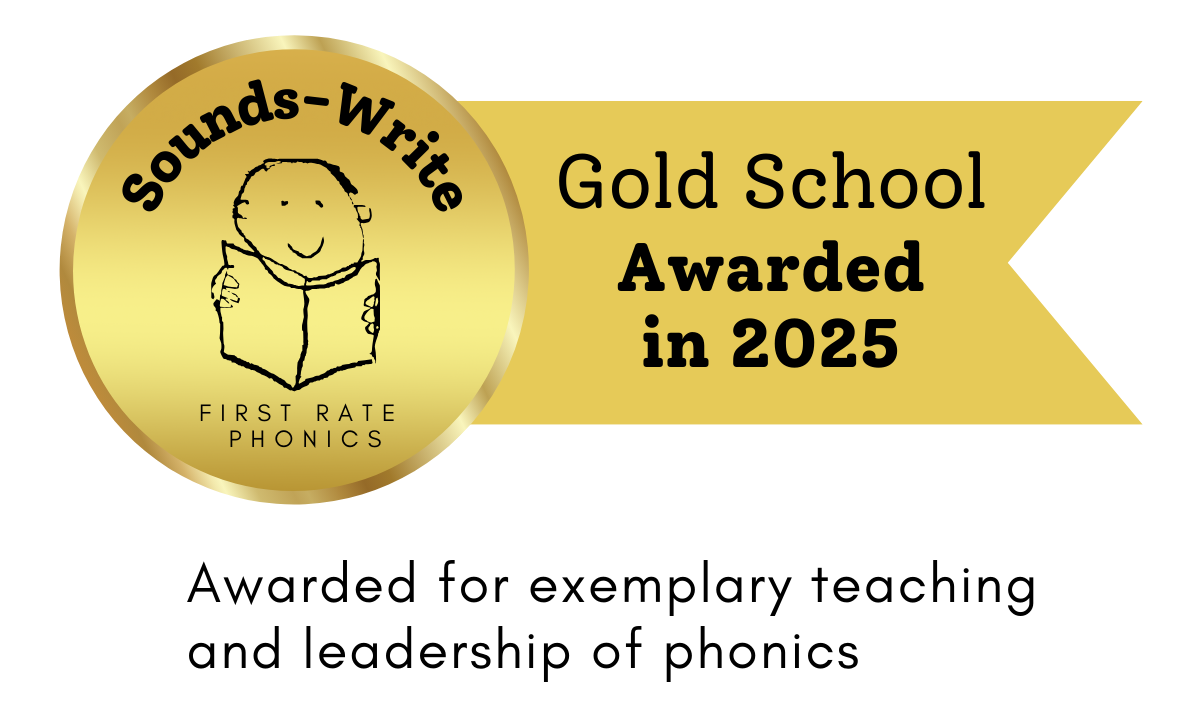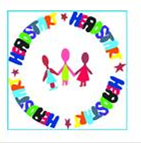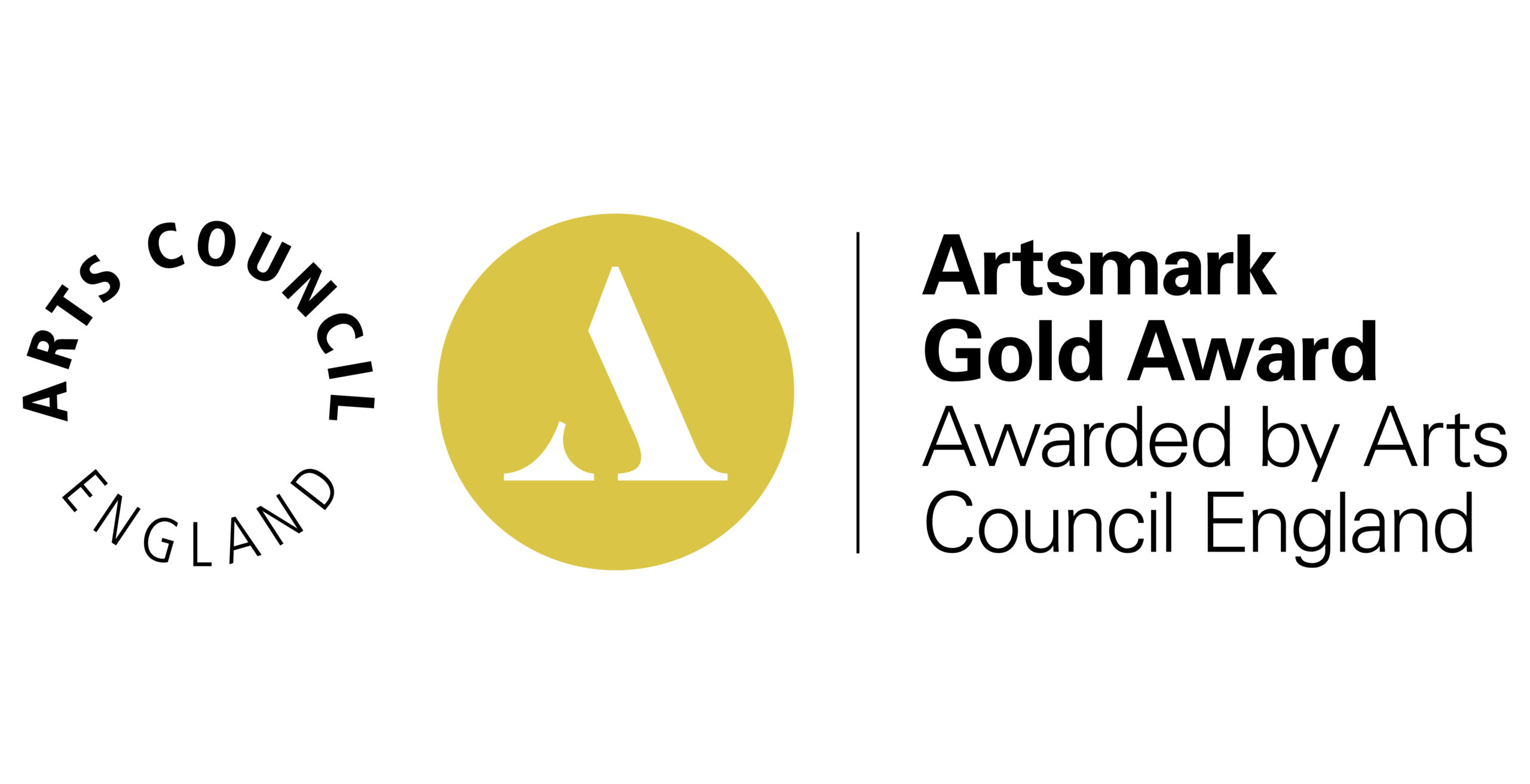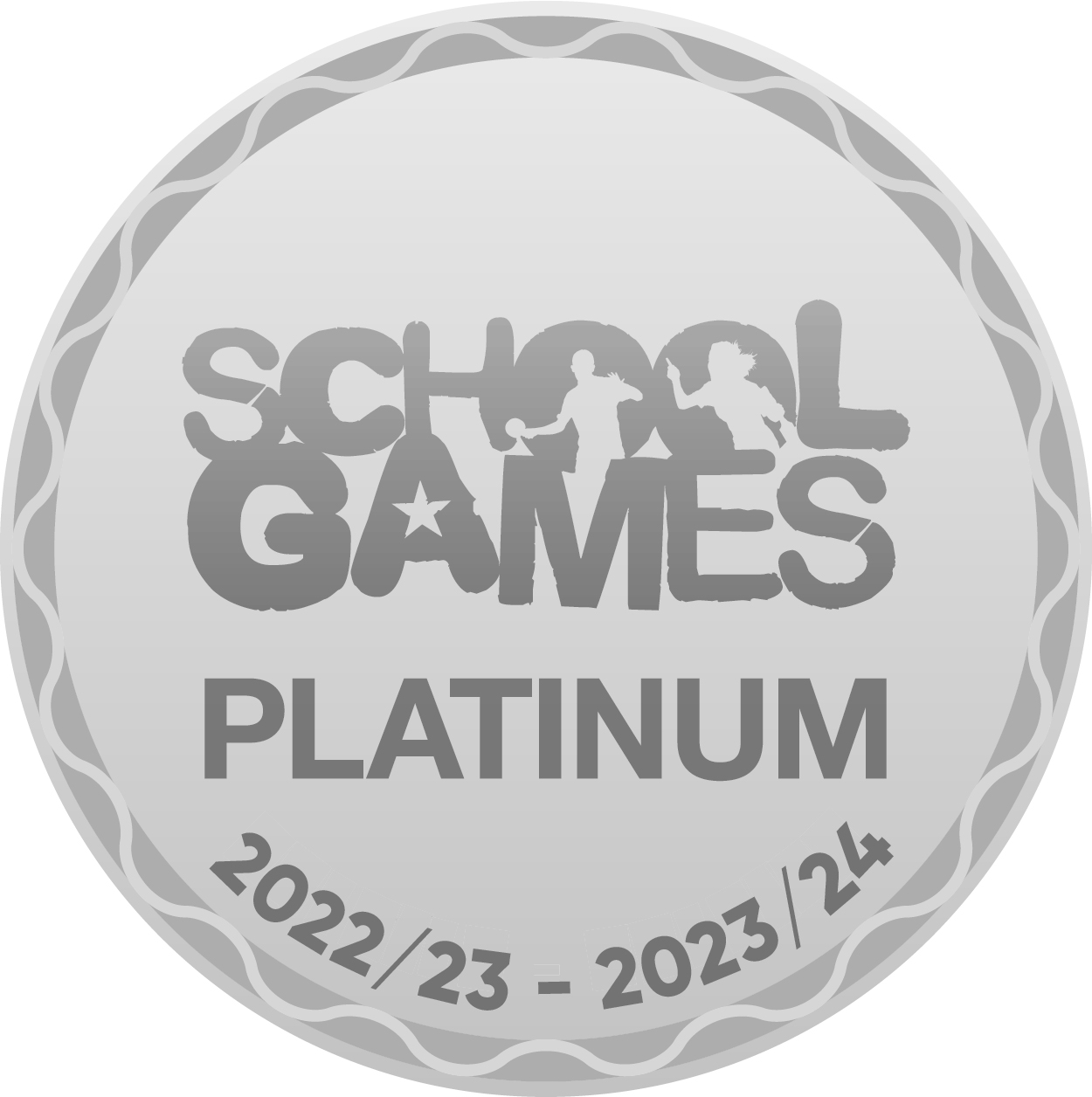Religious Education
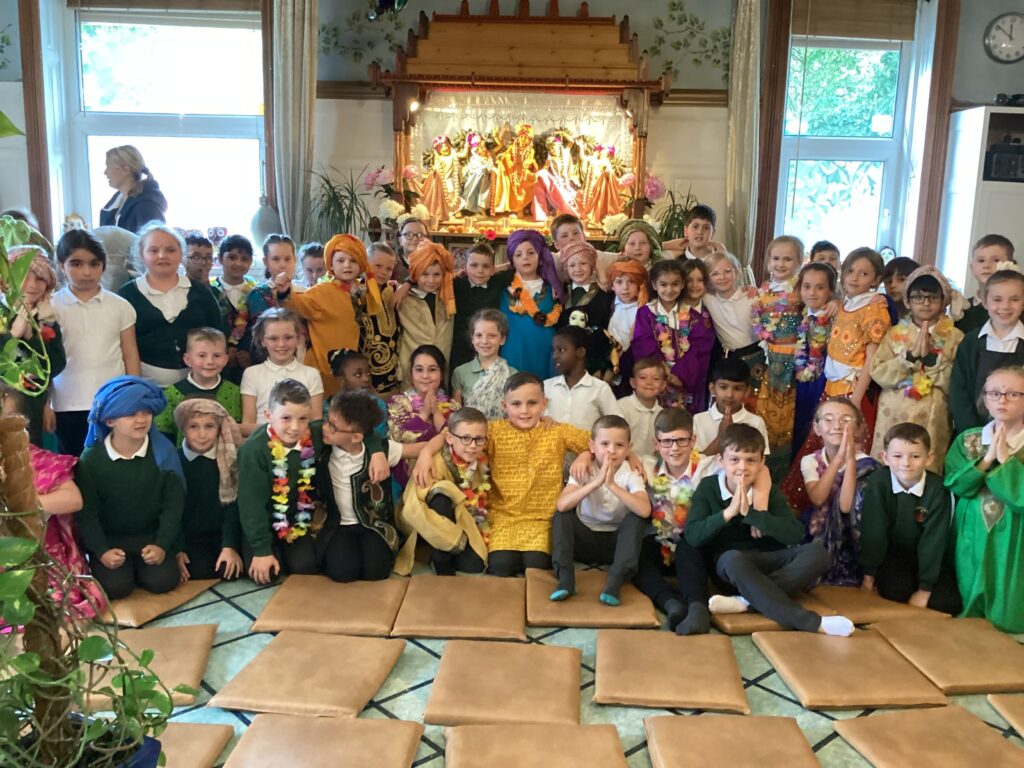
Religious Education (RE) in the Early Years Foundation Stage (EYFS), Key Stage 1 (KS1), and Key Stage 2 (KS2) is crucial in fostering a well-rounded education. Parents/carers do have the right to withdraw from all or part of the RE Curriculum. By teaching Christianity, Judaism, Hinduism, Islam, Sikhism, and Buddhism, we aim to promote British values, embrace diversity, and instil a deep understanding of key religious concepts. We believe this approach helps in nurturing respect, empathy, and an appreciation of the diverse and multicultural society in which the children live.
Our RE curriculum focuses on addressing the core beliefs of each religion and focusses on depth of understanding these main concepts and applying them to the challenges of the modern world. Children will learn about key objects, individuals, Gods and more, but the key focus will be on addressing a key question that gets to the heart of the religion.
Within our EYFS RE, the focus is on introducing children to the basic concepts of various religions through stories, celebrations, and simple activities. This helps children develop an early awareness and respect for different beliefs and practices. They look at the religions of Christianity, Islam and Hinduism, linked to their festivals.
Within our KS1 RE, the children will continue to build upon their initial understanding of religions and start to learn about different religious stories, key figures, and basic practices, within both Christianity and Judaism. The aim is to develop a more structured knowledge of each of these religions.
Within our KS2 RE, the students delve deeper into the religion of Christianity and begin to explore Islam, Hinduism, Sikhism and Buddhism learning about complex ideas, rituals, and the historical context within these religions. This stage focuses on comparative studies and critical thinking linked to the different religions linked to the diverse and multicultural world we live in.
In conclusion teaching these different religions across EYFS, KS1, and KS2 not only aligns with British values of respect, tolerance, and understanding but also enriches students’ knowledge and empathy towards others within our world. By exploring key concepts, diverse practices, and the historical context of these religions, we prepare students to become informed, respectful, and open-minded citizens in our diverse and multicultural society today.
RE Knowledge Organiser Example




